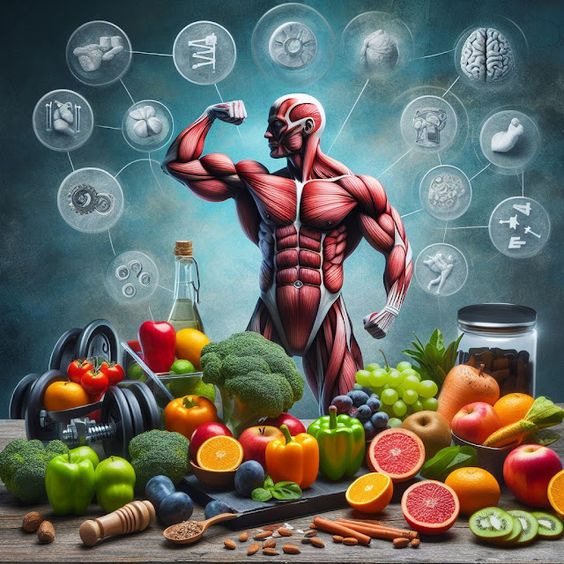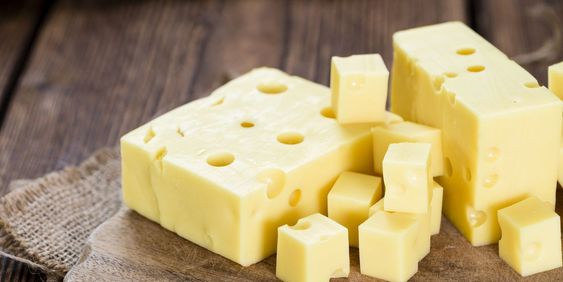Introduction:
In the quest for a healthy and fulfilling life, we often focus on factors like exercise and stress management. However, one crucial aspect that often gets overlooked is ensuring we nourish our bodies with the essential vitamins they need. Vitamins are organic compounds that play a vital role in various bodily functions, from boosting our immune system to supporting healthy growth and development.

While our bodies can produce certain vitamins, such as vitamin D, we rely on our diet to obtain most of them. A lack of essential vitamins can lead to various health problems, ranging from fatigue and weakness to more severe conditions like anemia and osteoporosis. Therefore, understanding the importance of essential vitamins and incorporating vitamin-rich foods into our diet is crucial for maintaining optimal health and well-being.
Understanding Essential Vitamins:
Vitamins are classified as either fat-soluble or water-soluble. Fat-soluble vitamins, such as vitamins A, D, E, and K, are stored in the body's fatty tissues and liver. In contrast, water-soluble vitamins, including vitamin C and the B-complex vitamins, are not stored in the body and need to be replenished regularly through our diet. Each vitamin plays a specific role in maintaining our health:
- Vitamin A: Crucial for vision, skin health, and immune function.
- Vitamin C: Acts as an antioxidant, supports collagen production, and boosts immunity.
- Vitamin D: Essential for calcium absorption, bone health, and immune function.
- Vitamin E: Acts as an antioxidant, protects cells from damage, and supports immune function.
- Vitamin K: Essential for blood clotting and bone health.
- B Vitamins: This group of vitamins plays a vital role in energy production, cell metabolism, and nerve function.
Incorporating Vitamin-Rich Foods:
The key to obtaining essential vitamins is to consume a balanced and varied diet that includes various vitamin-rich foods.
-
Fruits and Vegetables: A colorful array of fruits and vegetables like berries, citrus fruits, leafy greens, carrots, and bell peppers provide a rich source of vitamins A, C, and K.
-
Whole Grains: Opting for whole grains like brown rice, quinoa, and oats provides B vitamins and vitamin E.
-
Lean Protein: Include lean protein sources like poultry, fish, beans, and lentils, which offer B vitamins and vitamin E.
-
Dairy or Fortified Alternatives: Milk, yogurt, and fortified plant-based alternatives are good sources of vitamin D and calcium.
Conclusion:
Ensuring an adequate intake of essential vitamins is crucial for maintaining optimal health and well-being. By understanding the importance of each vitamin and incorporating various vitamin-rich foods into our diets, we can support our bodies in performing at their best and enjoy a healthier and more vibrant life.





